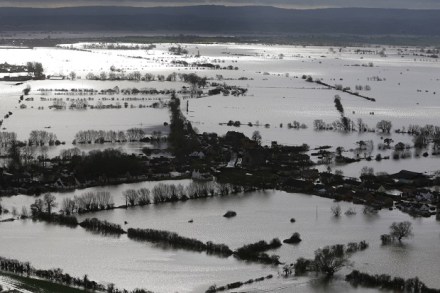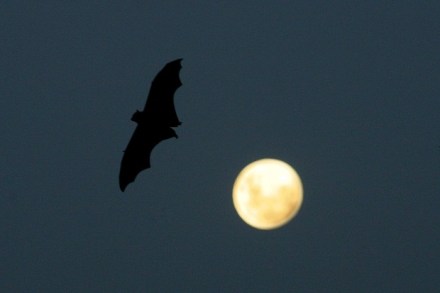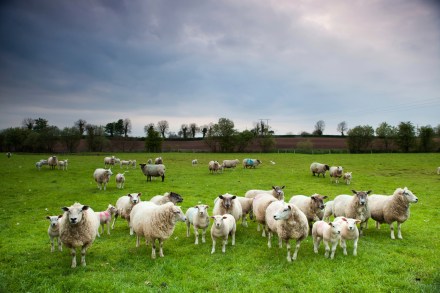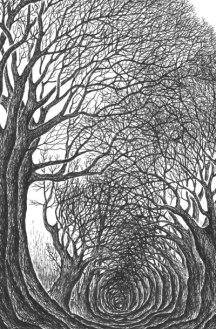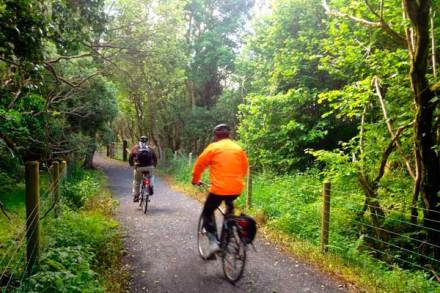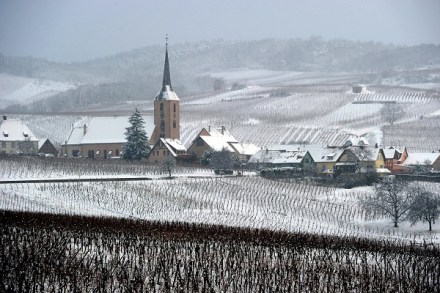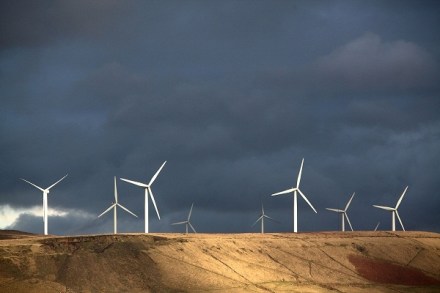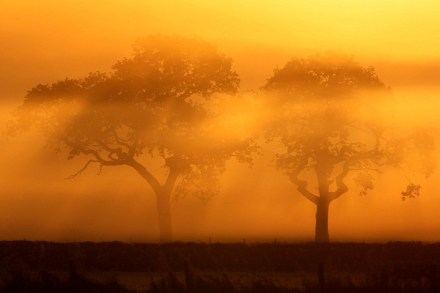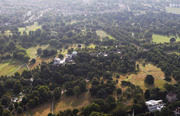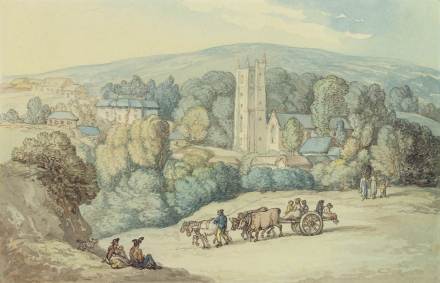Dear Mary: Is there any way to wriggle out of a phone invitation?
Q. Is there a tactful way to keep one social offer on hold while waiting to see if you have made the cut for something ‘better’ you know to be happening on the same date? It’s easy enough if the invitation comes in by email or letter, but not when you are put on the spot by someone ringing up. This happened the other day and the caller, a slightly bullying woman, sensed that I was prevaricating and said, ‘I don’t want you to feel ambushed. Take your time, think about it.’ Not wanting to be rude, I quickly accepted immediately. Inevitably the invitation for the preferred event came in


